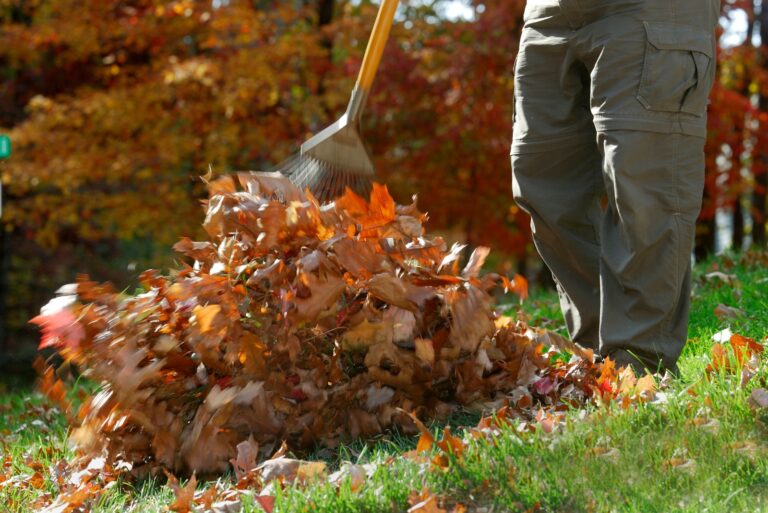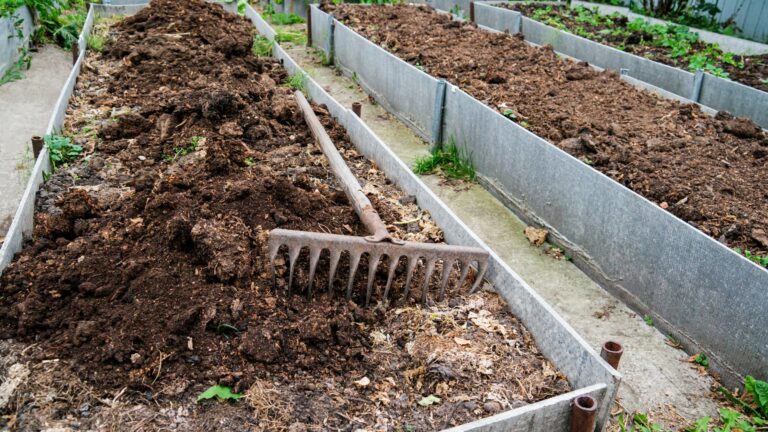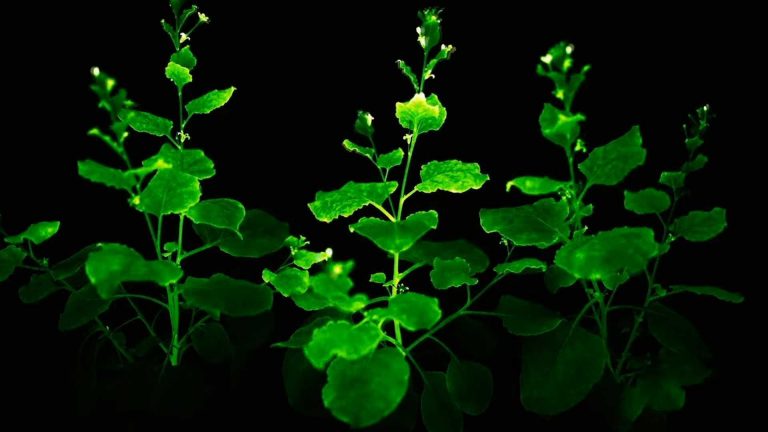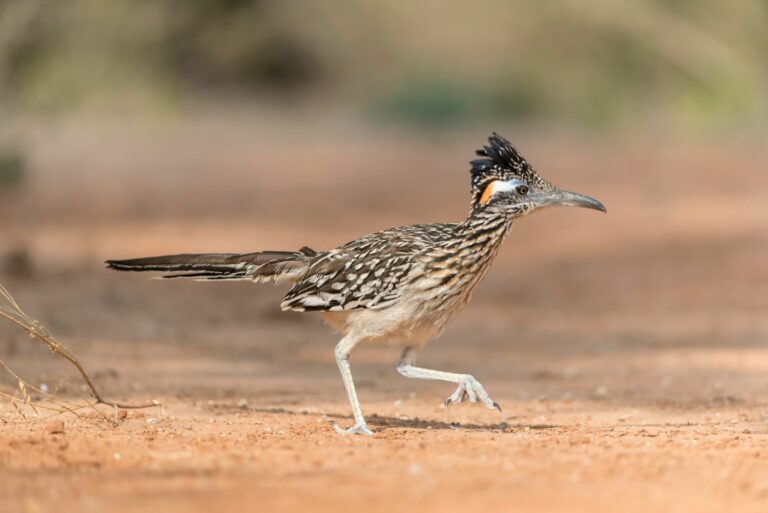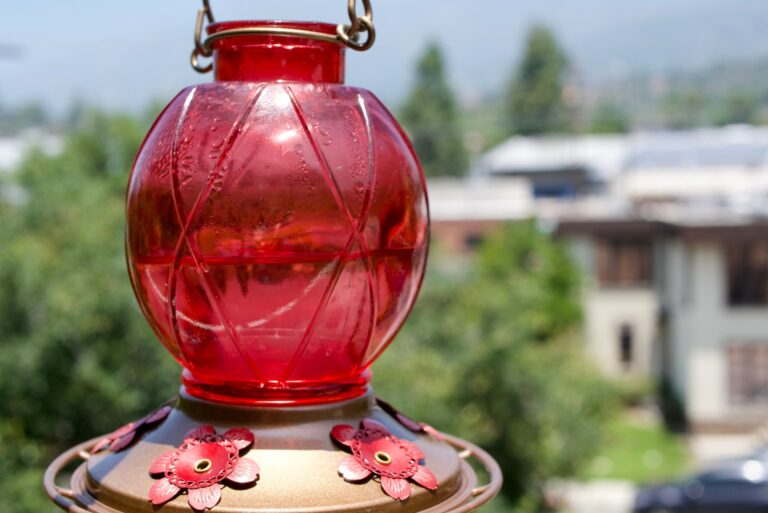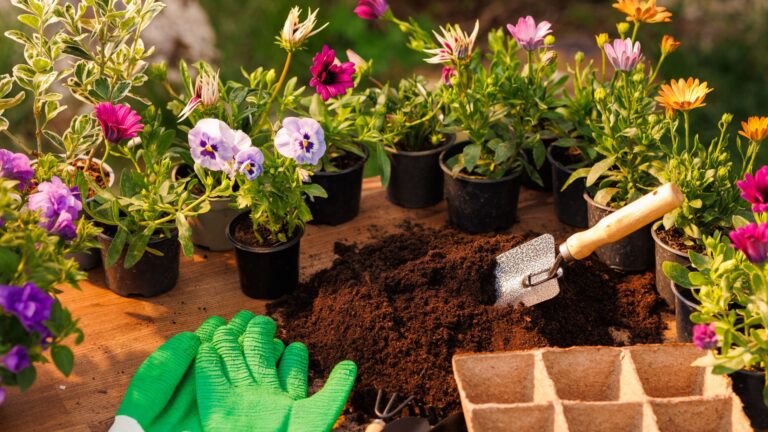The 10 Surprising Yard Features That Could Be Banned In Washington
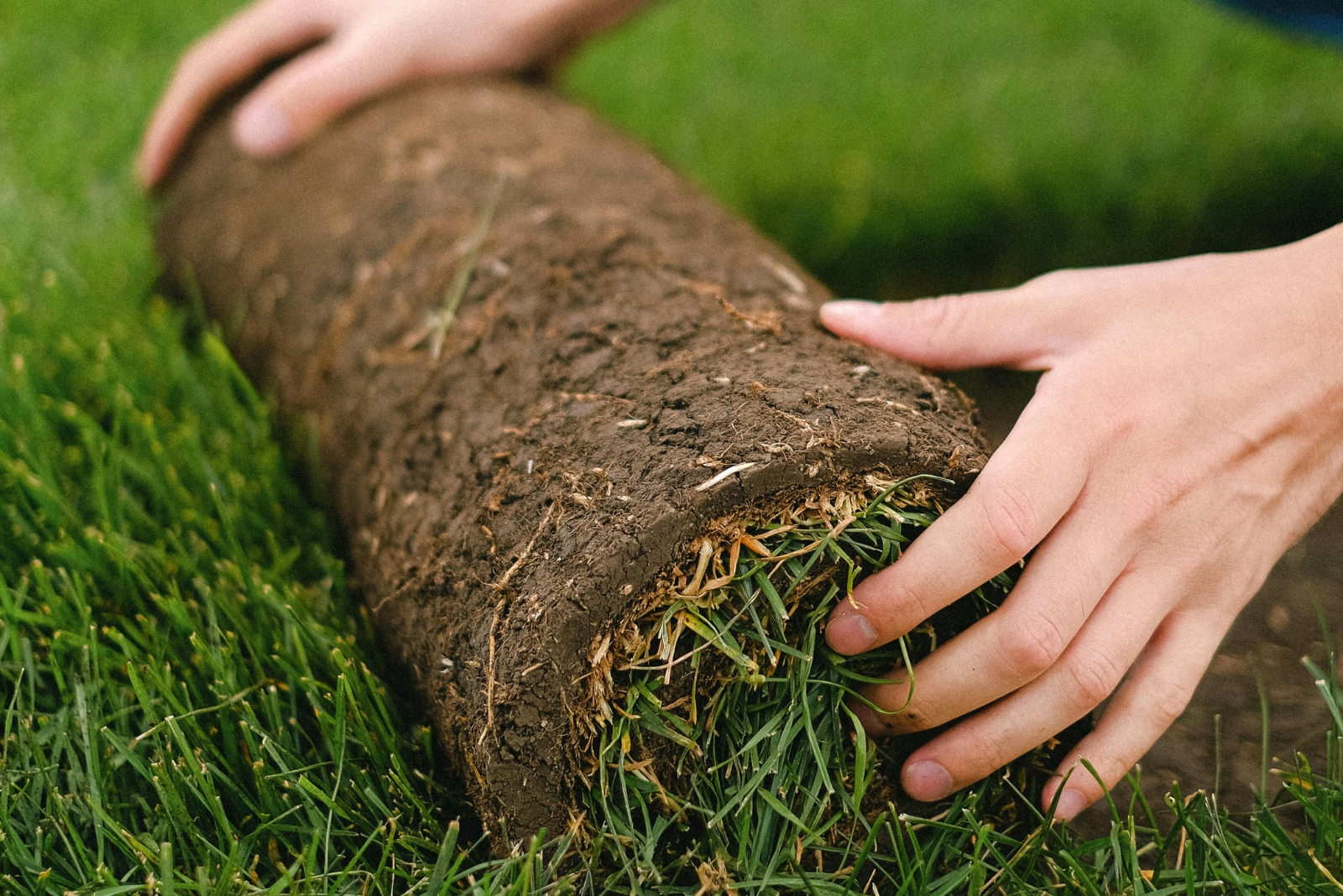
Washington homeowners might be surprised to learn that certain common yard features could soon face restrictions or outright bans. Local regulations are evolving to address environmental concerns, water conservation, and neighborhood aesthetics.
What you’ve always had in your yard might suddenly become against the rules, requiring unexpected changes to your outdoor space.
1. Artificial Turf In Front Yards
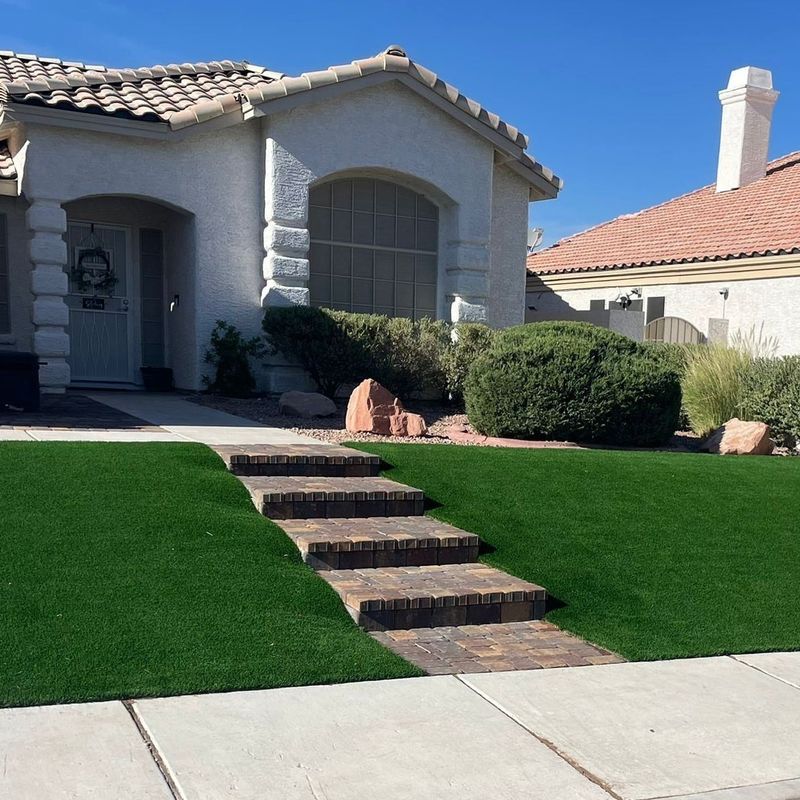
Several Washington cities are considering limits on synthetic grass due to environmental impacts. The plastic material prevents natural water absorption and creates microplastic pollution when it deteriorates.
While marketed as eco-friendly, artificial turf can reach dangerously high temperatures in summer and provides zero habitat value for local wildlife. Communities like Mercer Island have already implemented restrictions, with more municipalities likely to follow suit.
2. Invasive Bamboo Species
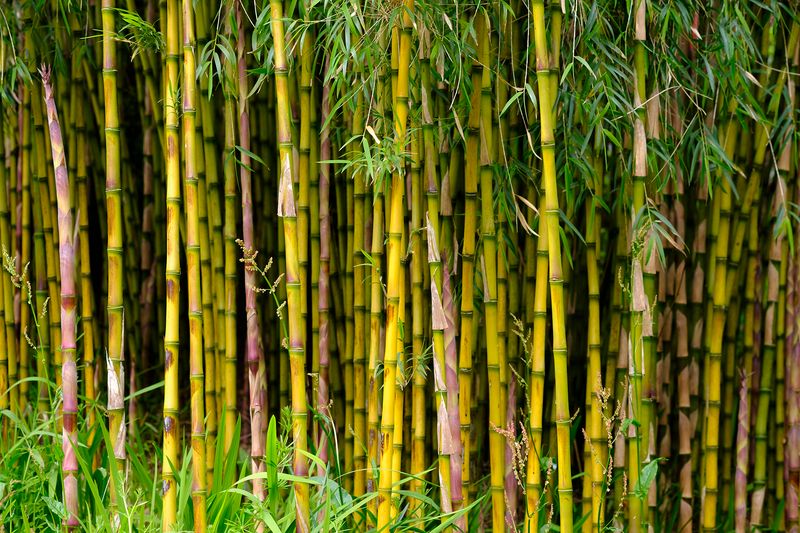
Running bamboo varieties have become a neighborhood nightmare across Washington. These aggressive plants send underground runners that cross property lines, causing damage to foundations, pipes, and relationships between neighbors.
King County already classifies certain bamboo types as noxious weeds. More communities are drafting ordinances requiring containment systems or complete removal. The financial penalty for allowing invasive bamboo to spread can reach thousands of dollars in some jurisdictions.
3. Water Features And Fountains
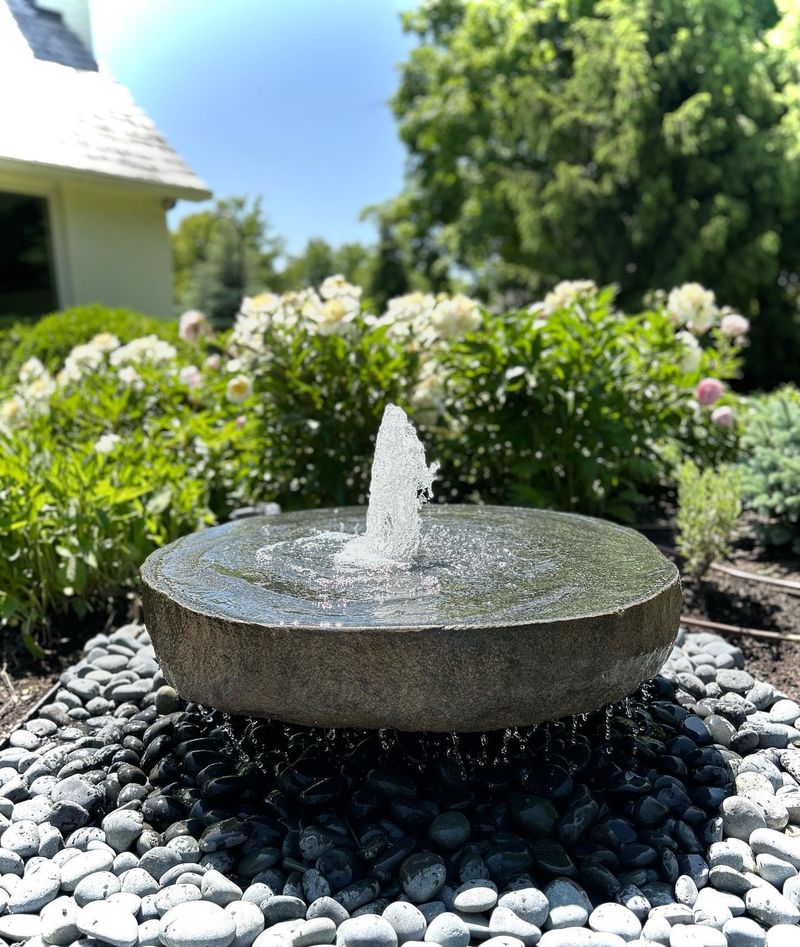
Ornamental fountains and decorative water features face increasing scrutiny during Washington’s increasingly frequent drought conditions. Municipal water restrictions often target these non-essential uses first.
Beyond drought concerns, outdoor water features can become mosquito breeding grounds. New regulations may require recirculating systems, covers, or complete seasonal shutdowns. Some communities already restrict water feature size and operating hours to conserve resources and reduce noise pollution.
4. English Ivy And Other Invasive Ground Covers
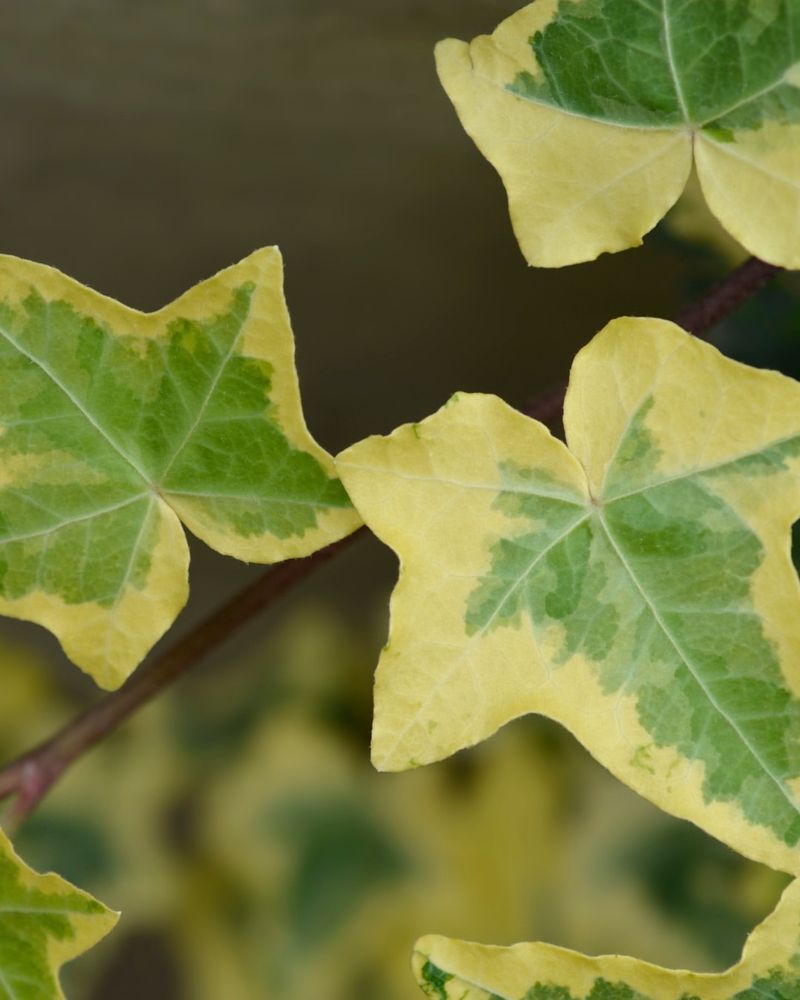
Once prized for its lush appearance, English ivy now threatens Washington’s native ecosystems. The plant chokes out native species and damages trees by adding weight that can cause them to fall during storms.
Seattle has already placed English ivy on its prohibited plants list. Homeowners with existing ivy may soon face requirements to remove it entirely, especially near natural areas. Other invasive ground covers like periwinkle and lamium face similar restrictions as awareness grows about their environmental impact.
5. Tall Privacy Hedges
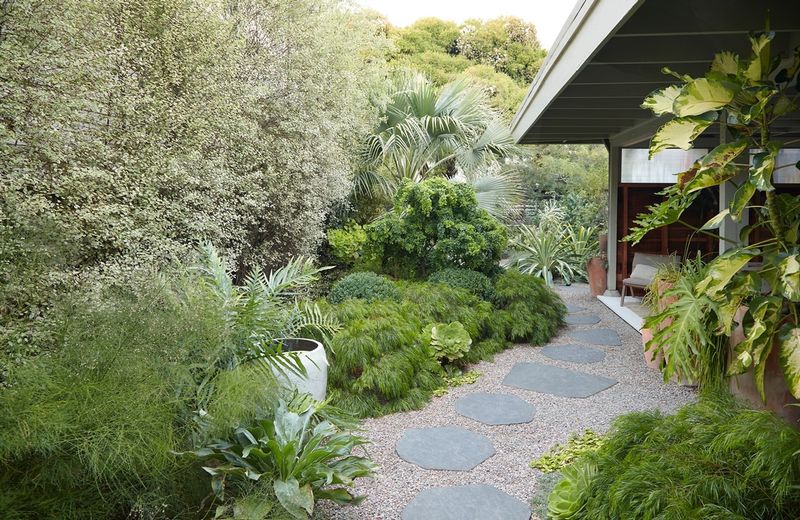
Those towering hedges that block your neighbor’s view into your yard might violate height restrictions. Many Washington municipalities limit fence heights to 6-8 feet, and living fences like arborvitae hedges increasingly fall under these same rules.
Visibility concerns at street corners and property line disputes have prompted stricter enforcement. Some communities now require permits for hedges exceeding certain heights. Homeowners might need to dramatically trim existing hedges or face fines from code enforcement officials.
6. Chemical Pesticides And Herbicides
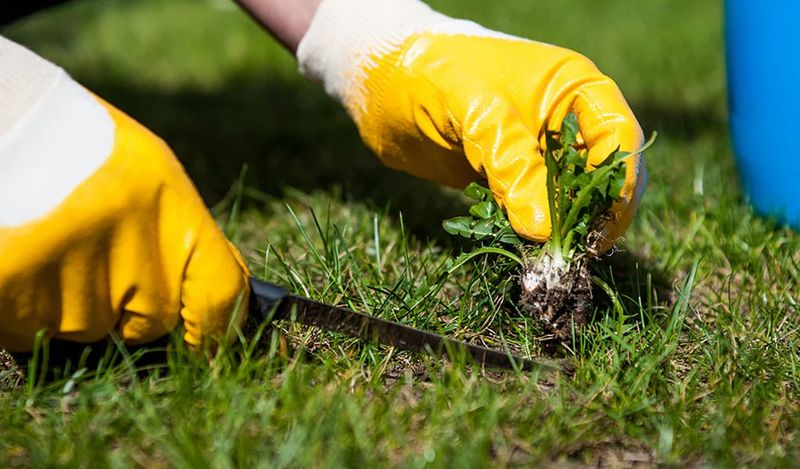
Your weekend weed-killing routine might soon be illegal. Washington communities are following the lead of places like Thurston County that have already restricted certain chemical lawn treatments near waterways.
Growing evidence links common garden chemicals to salmon die-offs and pollinator declines. New regulations may ban certain products outright or restrict application near storm drains and waterways. Organic alternatives are becoming the only legal option in environmentally sensitive areas throughout the state.
7. Excessive Holiday Decorations
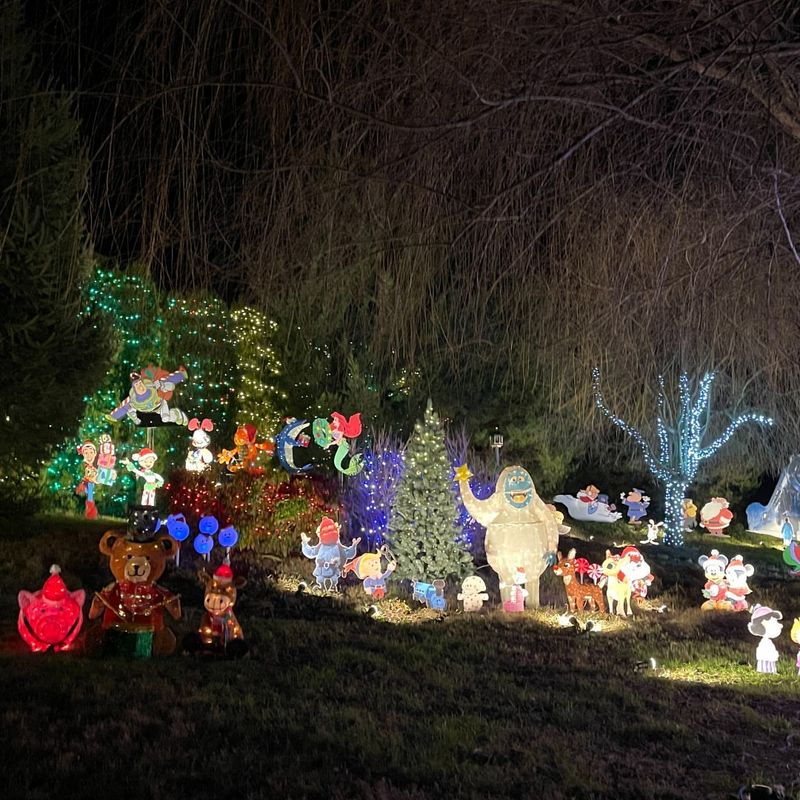
Those elaborate holiday light displays might clash with dark sky ordinances popping up across Washington. Communities concerned about light pollution are establishing limits on brightness, duration, and operating hours for decorative lighting.
Beyond light concerns, some HOAs and municipalities restrict how long seasonal decorations can remain in place. Yard displays that generate excessive traffic or noise could face additional restrictions. Even inflatable decorations might require permits in certain communities due to their visual impact.
8. Backyard Fire Pits
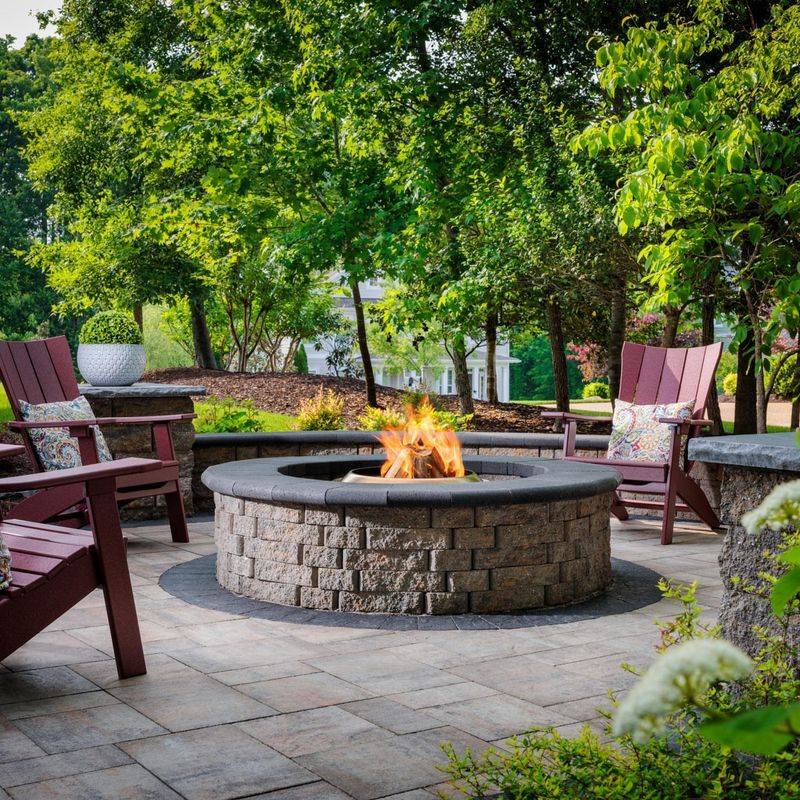
Those cozy summer evenings around the fire pit face increasing regulation throughout Washington. Burn bans already restrict when fires can be lit, but permanent restrictions are gaining traction in urban areas.
Air quality concerns drive these changes, especially in valleys where smoke can accumulate. Some municipalities now require permits for permanent fire features or mandate natural gas instead of wood. Enforcement has increased with neighbors reporting smoke issues to local authorities.
9. Non-Native Fruit Trees
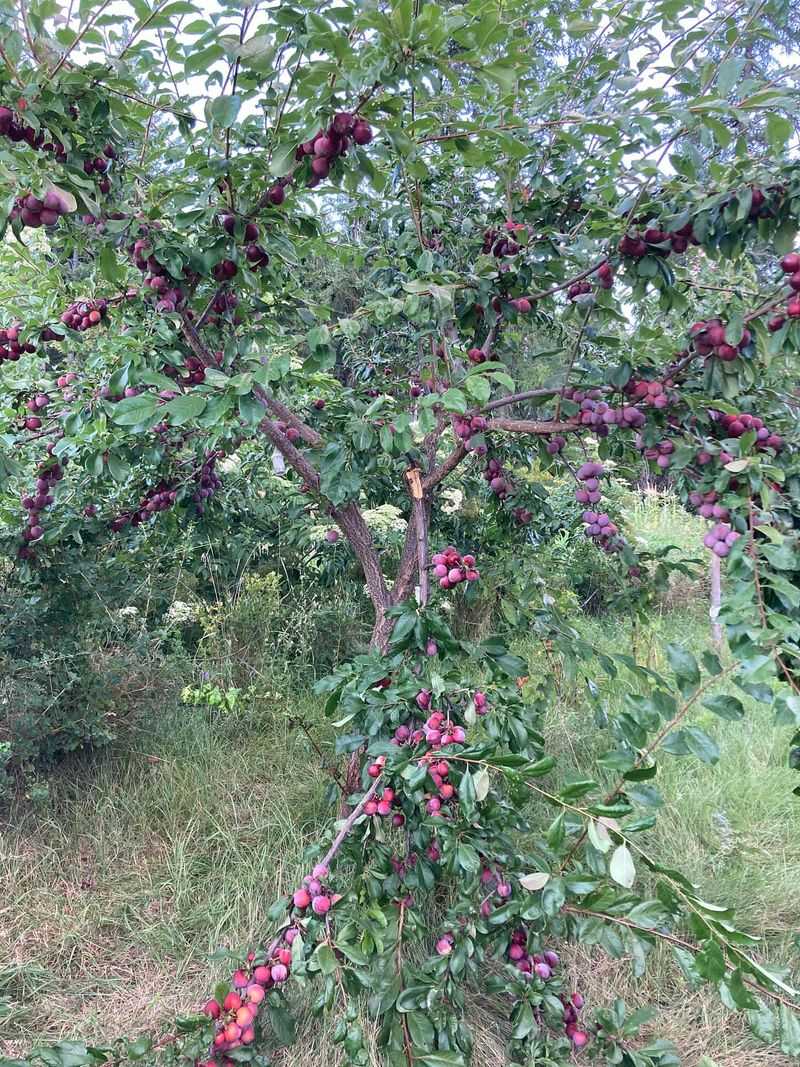
Certain fruit trees may face restrictions due to agricultural pest concerns. Washington’s vital fruit industry depends on keeping diseases and pests under control, making backyard fruit trees a potential risk.
Counties with commercial orchards increasingly regulate what homeowners can plant. Unmaintained trees that harbor pests can result in removal orders and fines. Even well-maintained non-native fruit trees might require registration and regular inspections in some agricultural communities across the state.
10. Excessive Impermeable Surfaces
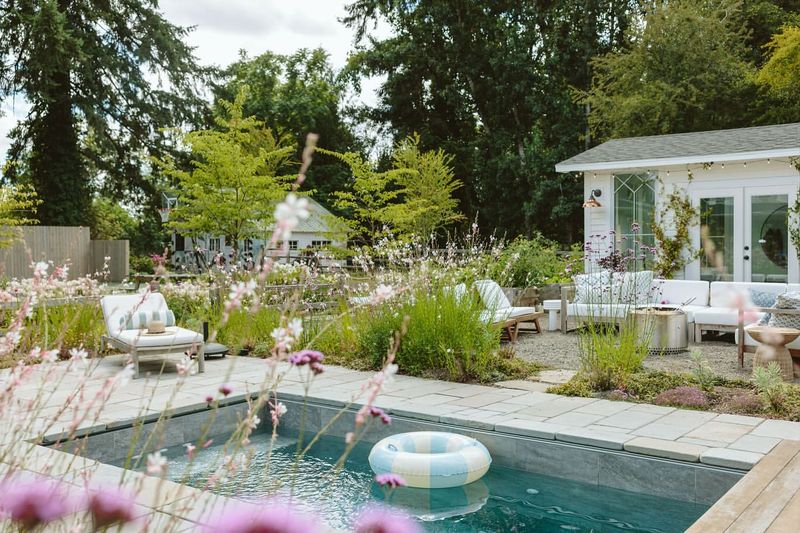
Large paved areas in your yard may soon face strict limitations. Washington communities are adopting stormwater management regulations that restrict how much of your property can be covered with surfaces that don’t absorb water.
Concrete patios, extended driveways, and other hardscaping elements contribute to flooding and water pollution. New regulations typically require permeable alternatives or water retention systems. Some municipalities now charge stormwater fees based on the percentage of impermeable surface area on your property.

